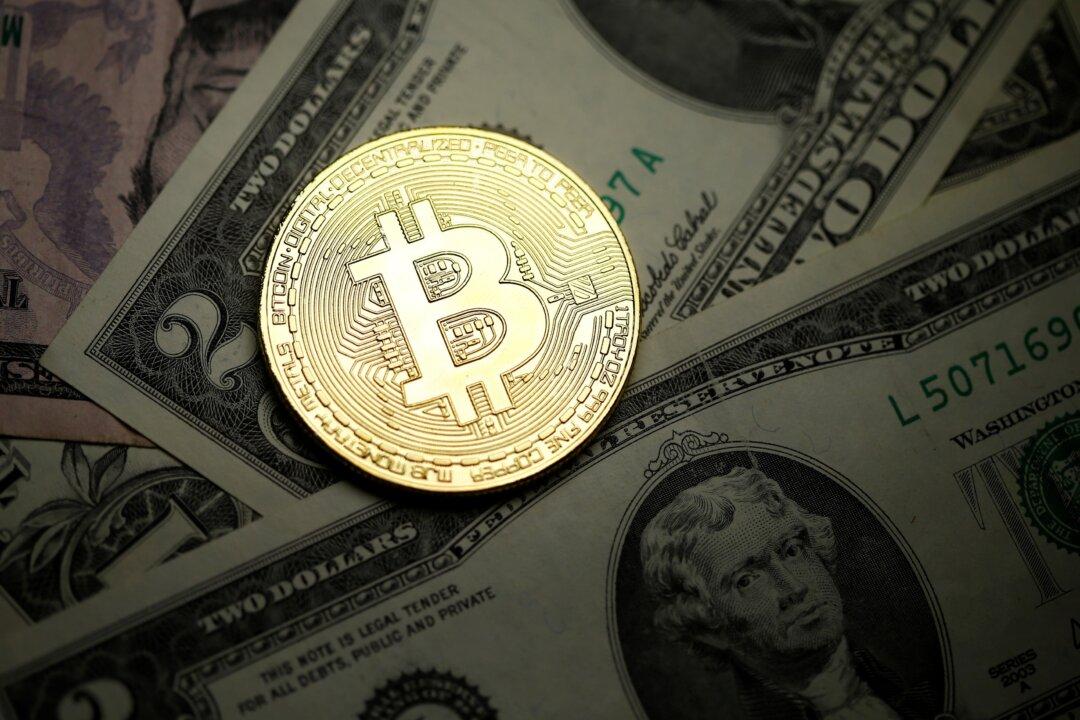NEW YORK—Thanks to its six-fold increase during this year, bitcoin is one of the hottest topics in finance in 2017. It has attracted attention from the likes of European Central Bank President Mario Draghi and JPMorgan President and CEO Jamie Dimon. Some call it a bubble and a fraud that will soon collapse; others say the genie is out of the bottle.
And yet, few people really understand where the value of bitcoin lies and why it could be a powerful disruptor not only for the financial system, but also for the whole economy. Saifedean Ammous, a professor at Lebanese American University, has been researching bitcoin and the underlying blockchain technology since 2010. His latest book about his findings, “The Bitcoin Standard,” will be published by Wiley in January 2018.





